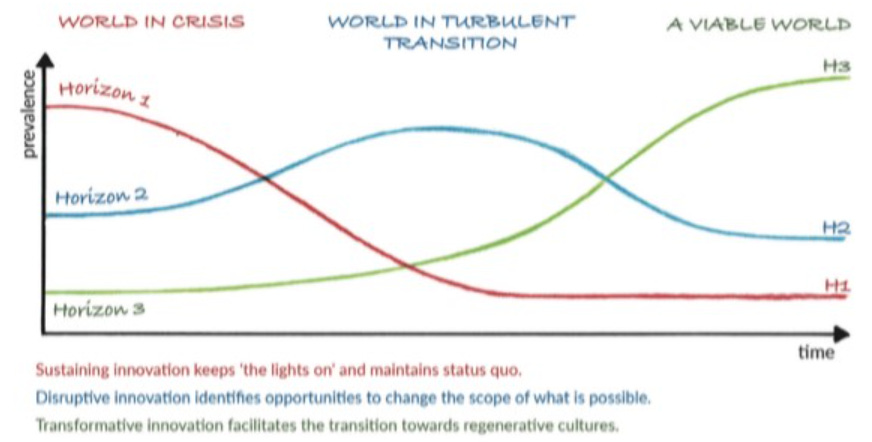- Calculations based on government data from 35% of the world’s population suggest we’re killing approximately 411 people per million doses on average. Moderna and Pfizer are both two-dose regimens, which pushes this to 822 deaths per million fully vaccinated. And that’s just the short-term mortality. We still have no concept of how these shots might impact mortality and morbidity in the longer term
Biggest Fraud in History
All things considered, the COVID vaccination campaign is the biggest medical fraud in modern history. As Kirsch says, it’s a house of cards, held together by belief in data that aren’t there and avoidance of confronting the safety signals in the VAERS system and other studies that don’t comport with the narrative.
They even avoided the determination of one of the world’s top pathologists (Peter Schirmacher) that at least 30% to 40% of the deaths two weeks post-vaccine were caused by the vaccine. The still claim there are no deaths that have been attributed to the Pfizer or Moderna vaccines. That’s ridiculous.
“I've never seen anything like this, and I've never heard of anything like this because the conspirators who are telling this false narrative are all the three-letter agencies under the Department of Health and Human Services — the FDA, CDC and NIH.
Again, you can download Kirsch’s 177-page PDF, jam-packed with questions and data on the COVID “vaccine.” I also urge you to review his “False Narrative Takedown” (TFNT) series, which you can find on his Rumble channel.
You can also peruse his website, skirsch.io, or follow him on his social media accounts, which include Twitter, Gab, Telegram and LinkedIn. To keep on top of his latest investigations, you can subscribe to his Substack channel. If you can afford it, consider signing up for a paid subscription. Select articles can also be found on TrialSiteNews.
“Substack is really important because they don’t censor people who tell the truth,” Kirsch says. “So, I really encourage people to support platforms like Substack. I also get a portion of that, and any money I get, I will donate 100% to funding ads and to fighting this. If we can get 100,000 subscribers at $5 a month, that's $500,000 a month we can spend to combat false narrative. That's serious fire power.





